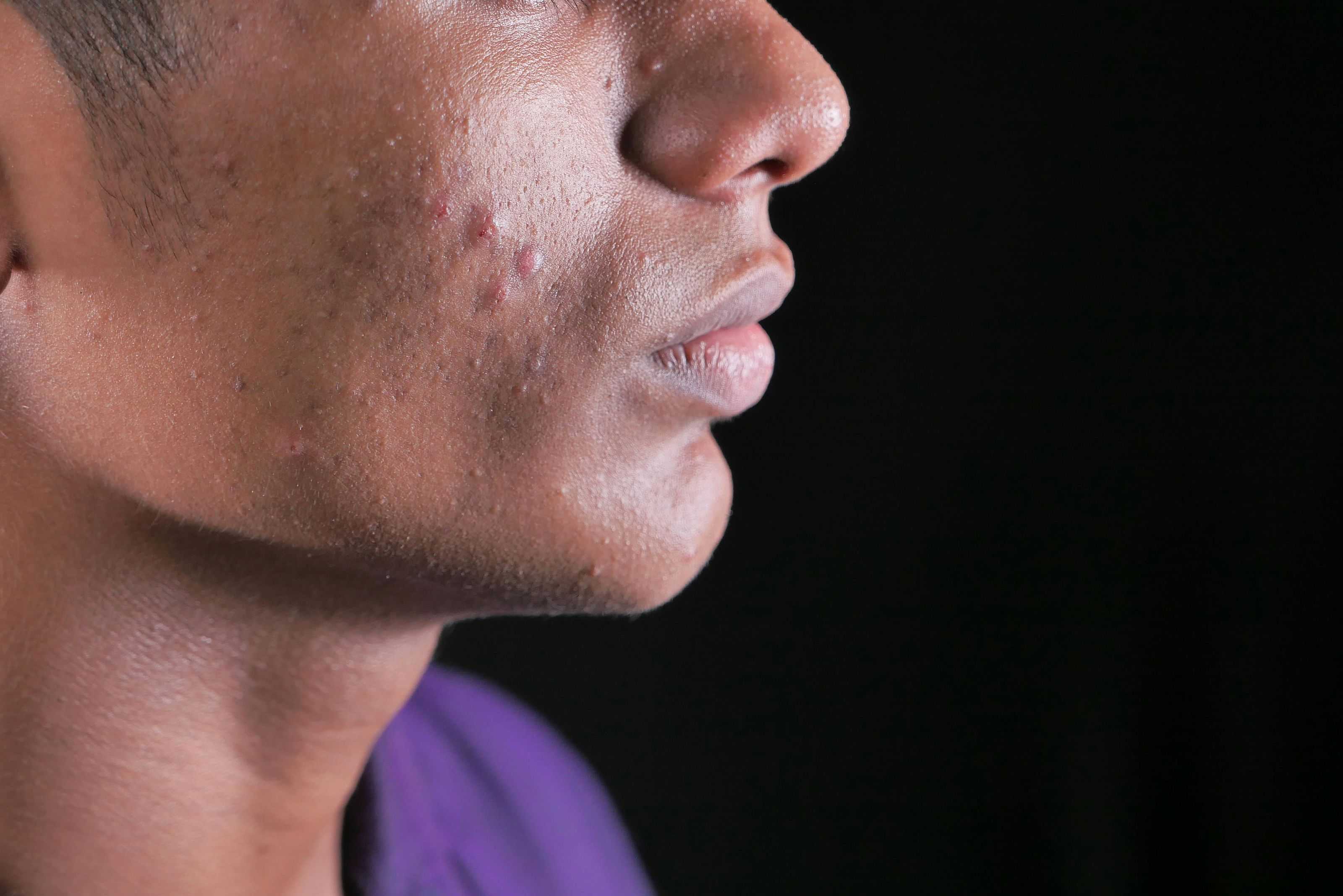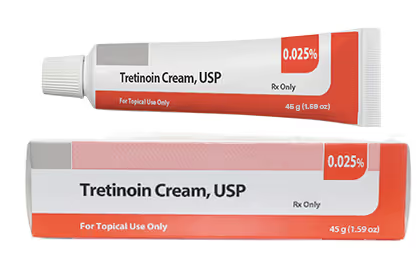Accutane (isotretinoin) is a highly effective medication for acne, but it also comes with important concerns about its side effects - including potential hair changes. In this guide, we'll examine the relationship between Accutane and hair loss, including reviewing recently published studies.
Understanding Accutane and Its Effects
Accutane is a form of vitamin A that works by reducing oil (sebum) production and addressing multiple factors that contribute to acne formation. While it's highly effective at treating moderate to severe acne, it comes with various documented side effects that doctors and patients need to consider.
The medication has been used for decades, with a well-established safety profile. However, like any powerful medication, understanding its potential effects on the body - including hair health - is crucial for making informed treatment decisions.
How Common is Hair Loss with Accutane
Although some people report hair loss when they start taking Accutane, the question of whether there is a causal link is a different story. So, let’s dig into the science to find out if there is, or if it is coincidental.
A recent systematic review found that hair loss may occur in approximately 3-5% of those treated with isotretinoin, though more mild hair loss may be more common than what has been reported in these studies. This study also found that hair loss was slightly more common among those taking higher daily doses (0.5 mg/kg/day) than those taking lower doses. A small study of 30 patients being treated with Accutane 0.5mg/kg/day found no changes to hair density or growth parameters after 3 months, further supporting the potential value of lower dose regimens to prevent this side effect. Other studies have suggested that those who take longer courses (i.e higher cumulative dose) and are older may be at greater risk of hair loss.
Is Hair Loss Associated with Accutane Reversible?
When hair loss occurs during Accutane treatment, it typically manifests as telogen effluvium, a temporary form of hair loss that can happen during times of stress, hormonal changes, or as with this case, with certain medications.
This type of hair loss is often temporary, and most patients who experience telogen effluvium, including from Accutane, do see their hair return to normal thickness within 6-12 months.
It's also important to note that hair thinning may not necessarily be caused by Accutane - it could be coincidental or related to other factors such as age-related hair changes.
Other Hair Changes with Accutane
Very rarely, Accutane has been associated with changes to hair texture, such as developing curlier hair or acquired kinking of the hair. Similar to hair loss, these changes seem to improve within a few months of stopping the medication..
Accutane and Oily Hair
One positive effect that patients may experience is less oily and greasy hair on Accutane, causing it to look and feel clean longer than normal.
Managing Hair Loss Risk During Accutane Treatment
For those concerned about hair loss while on Accutane, several strategies can help minimize risk:
- Work with your healthcare provider to find the optimal dosage
- Monitor for early signs of hair changes
- Maintain proper nutrition. Acne can be associated with low vitamin D, which can also contribute to hair loss
- Gentle hair care practices: Minimize tight hairstyles and traction on the hair. Avoid harsh chemical treatments (e.g. bleaching, perming, or aggressive dyeing). Limit heat styling: hot blow-dryers, flat irons, or curling irons can dry and damage the hair.
Getting Professional Help with Honeydew
At Honeydew, we understand the concerns about Accutane and its potential side effects. We offer comprehensive online dermatology services that include careful monitoring and personalized treatment plans for patients using Accutane. Our team specializes in both regular and low-dose Accutane treatments, allowing us to tailor the approach to each patient's specific needs and concerns.
We also offer unique, effective prescription hair treatments in addition to Accutane services, so don’t hesitate to communicate with your Honeydew provider if you are experiencing hair loss.
We pride ourselves on providing thorough patient education and ongoing support throughout the treatment journey. Our dermatologists carefully monitor for any side effects, including potential hair loss, and can adjust treatment plans as needed to ensure optimal results with minimal complications.
Conclusion: Take the Next Step with Honeydew
While hair loss is a potential side effect of Accutane treatment, research suggests it's relatively uncommon and often manageable with proper medical supervision. If you're considering Accutane treatment for your acne but are concerned about potential side effects, we encourage you to schedule a consultation with Honeydew. Our experienced dermatologists can help you make an informed decision about your treatment options and provide ongoing support throughout your journey to clearer skin.
Ready to take control of your acne treatment journey? Visit our website or schedule an appointment today to learn more about how we can help you achieve your skincare goals safely and effectively.























